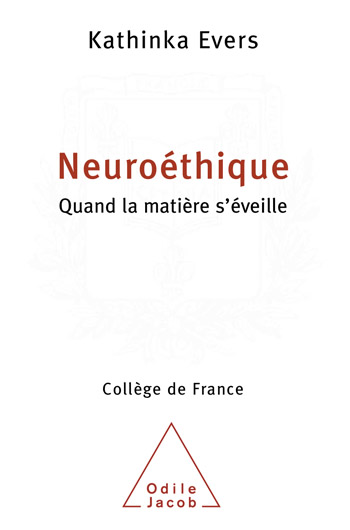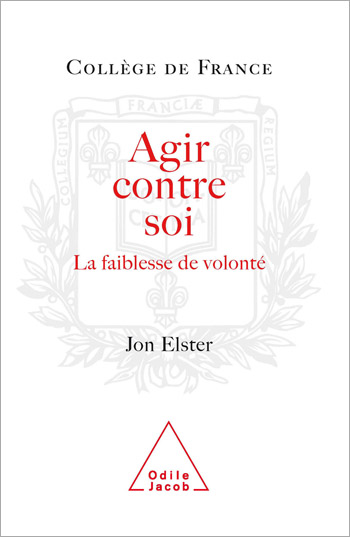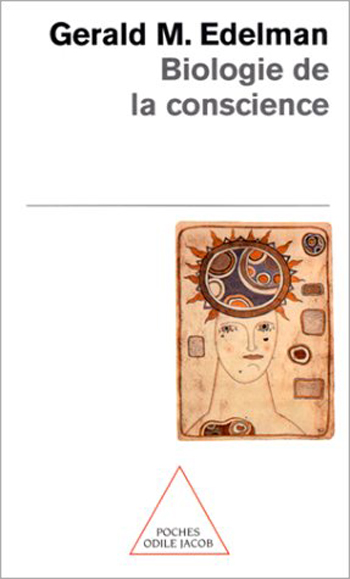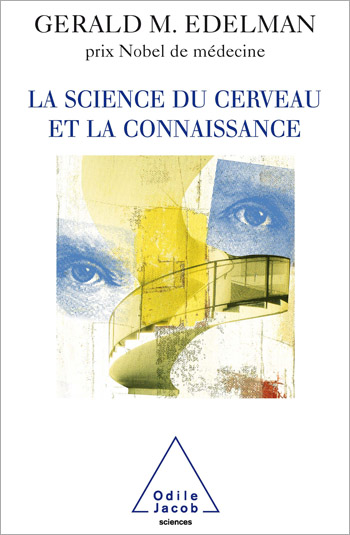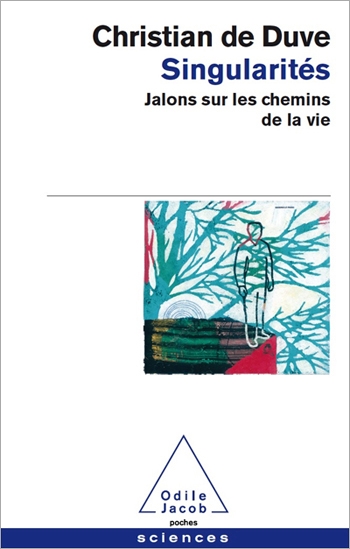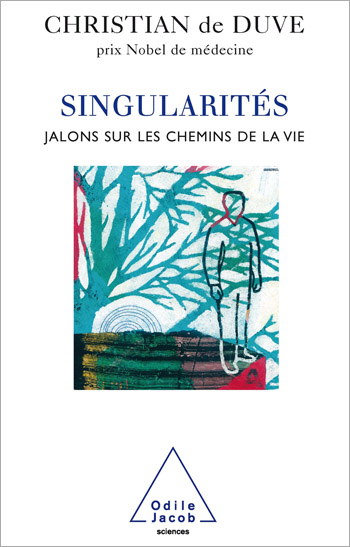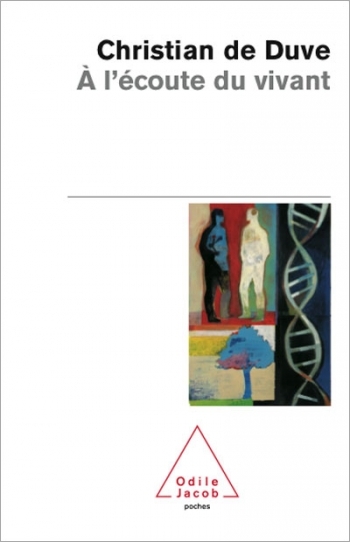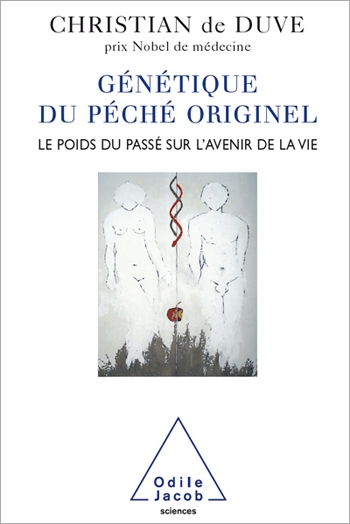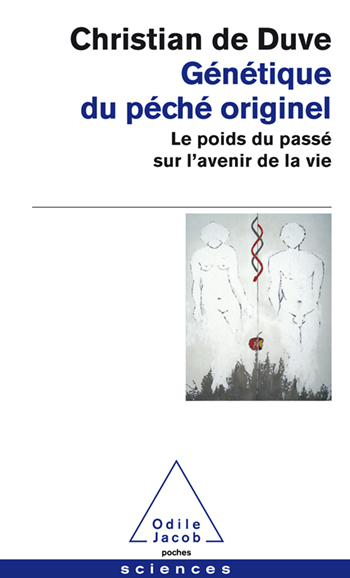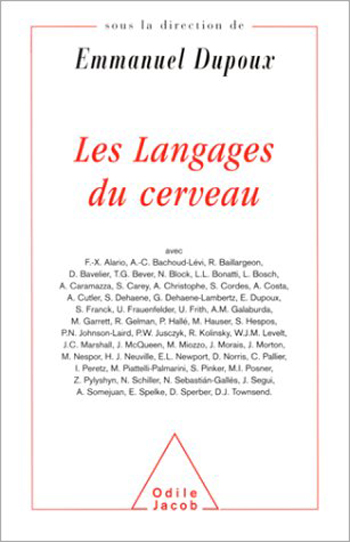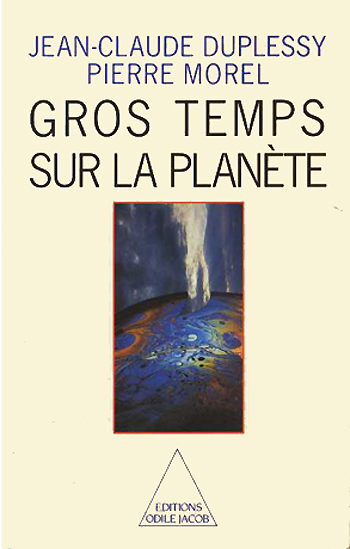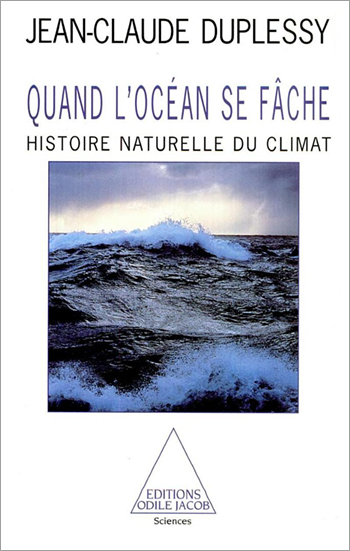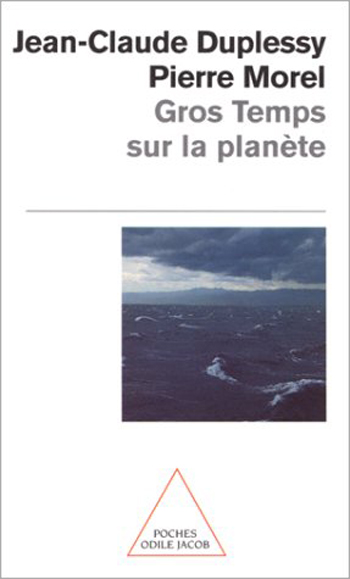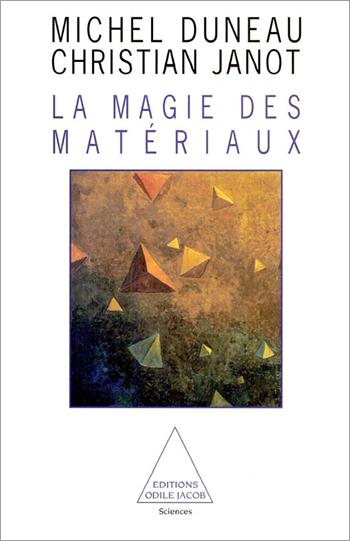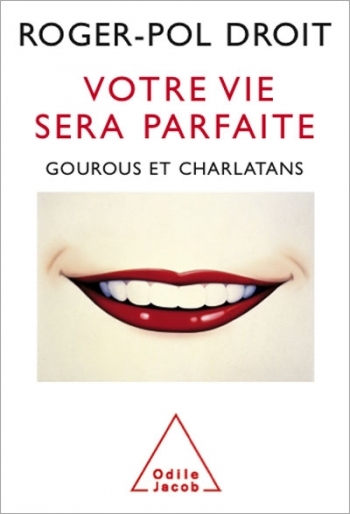Science All books
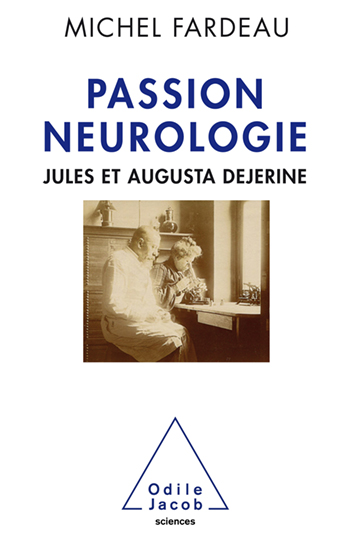
Michel Fardeau
A Neurological Passion Jules and Augusta Dejerine
The pioneering couple in neurology. An atypical story of science (and love). Belated recognition of an unfairly ignored female scientist.
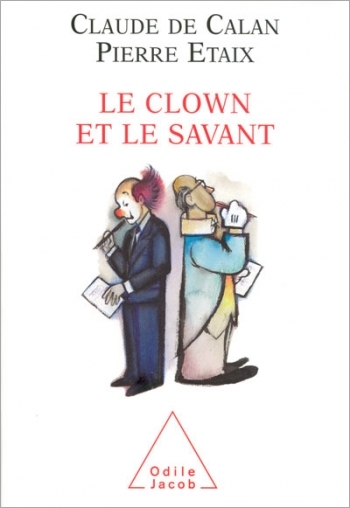
Claude de Calan, Pierre Etaix
The Clown and the Wise Man
"One of us is an acrobat and a filmmaker who tries to provoke laughter; the other one tries to contribute to the progress of mathematical physics. Yet, we could endlessly throw our ideas back and forth. The surprising closeness of our approaches, the strange fraternity between our two disciplines, which are as far away from each other in their goals as in their techniques, gave us great joy. It is our feeling of wonder that wed like to share here," write Pierre Etaix and Claude de Calan. Sometimes known as the French Buster Keaton, Pierre Etaix is a master of burlesque and the inventor of unequalled visual gags. Claude de Calan is a scientist at the Centre of Theoretical Physics at the Ecole Polytechnique.
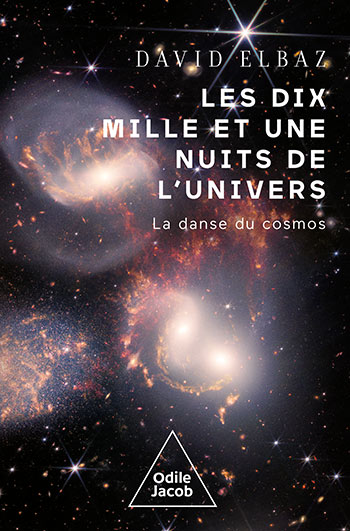
David Elbaz
The 10,001 Nights of the Universe The Dance of the Cosmos
A modern version of Arabian Nights about the latest discoveries of the universe
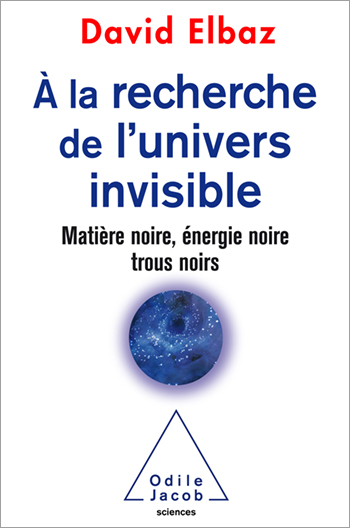
David Elbaz
Another Way of Looking at the Universe The art of seeing the invisible
An overview of the major issues in astrophysics and cosmology. “Dark” matter and energy are undetectable: either they don’t in fact exist, or we don’t know how to see them... Above and beyond the astrophysical phenomena themselves, this book offers epistemological reflections that are only rarely addressed.
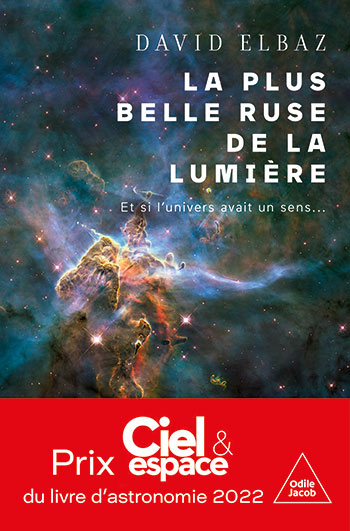
David Elbaz
The Greatest Trick of Light
The universe follows a direction, and that direction does not go toward ever more disorder, as is sometimes suggested.
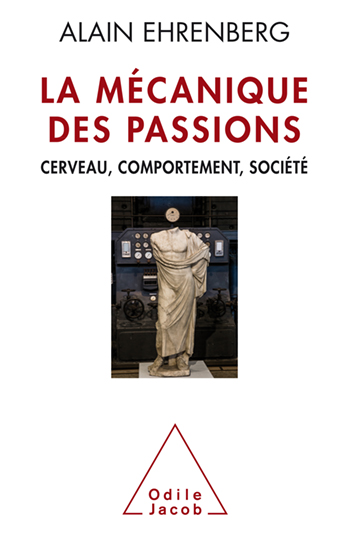
Alain Ehrenberg
The Mechanics of Passions: The New Contemporary Individualism
The book’s very stimulating thesis: the twenty-first century will be the century of the brain and the neurosciences, which are already playing the role that psychoanalysis played in the twentieth century.
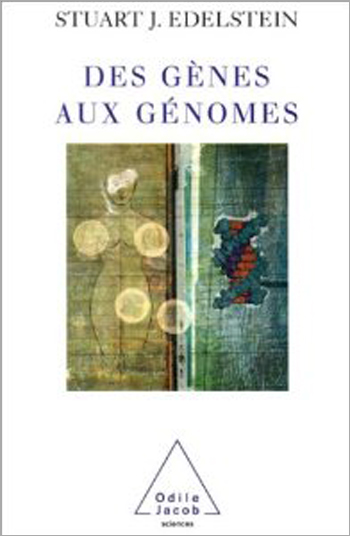
Stuart J. Edelstein
From genes to genomes
Rapid progress in the field of genetics is changing our lives in more ways than one. In order to understand these changes, Stuart Edelstein has approached each facet of the subject from three points of view: contemporary society and politics; technical developments; and basic research. By keeping to some fundamental points, this book will enable the lay reader to understand before judging the social implications of recent discoveries in biology. This is science with a civic sense. Stuart Edelstein teaches biochemistry at the University of Geneva.
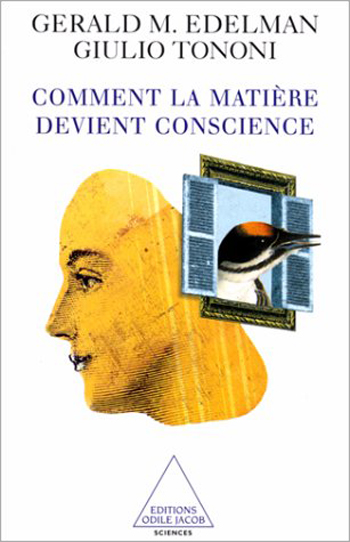
Gerald M. Edelman, Giulio Tononi
Consciousness : How Matter Becomes Imagination
How do the physical occurrences which take place in our brains create the world of conscious experience ? Philosophers have long disputed this question but today, it is science which is in a position to formulate real answers. Gerald M.Edelman and Giulio Tononi demonstrate that the processes which lead to consciousness are not confined to the brain, but are actually dependant on the functioning of numerous areas. They also show that these interactions are not fixed processes, but are constantly adjusted and modified. This research represents one step further towards understanding our identity and our complexity. Gerald M.Edelman, who has received the Nobel Prize for medicine, heads the Institute of Neurosciences at La Jolla in California. Giulio Tononi is a researcher at the Institute of Neurosciences.
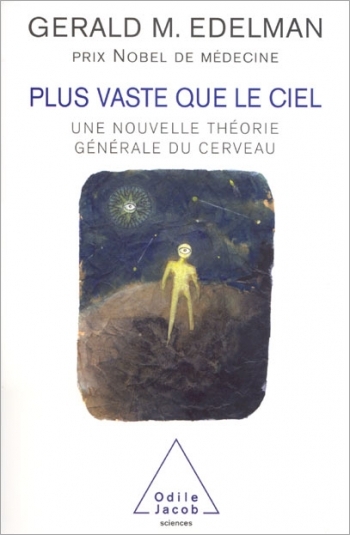
Gerald M. Edelman
Wider than the Sky
The brain is wider than the sky, For, put them side by side, The one the other will include With ease and you beside, wrote the American poet Emily Dickinson in the mid-nineteenth century. The fundamental mechanisms governing mental life are now the subject of scientific study. In this book, Gerald Edelman examines a major aspect of the mind - consciousness. How can the firing of neurons give rise to subjective sensations, thoughts and emotions? How can the disparate domains of mind and body be reconciled? A scientific explanation of consciousness must take into account the causal connections between these two domains. Such a theory must show how the neural bases of consciousness appeared during the evolutionary process and how certain animals developed consciousness. These are some of the key issues that Gerald Edelman examines here. He shows that consciousness cannot be located in a specific area of the brain, because it is a process linked to how the brain functions as a whole, to its wealth of connections and to its great complexity. The brain, he argues, is not a kind of computer. Edelman is regarded as one of the greatest theoreticians of the brain, and his notion of consciousness dominates all discussions on the subject among the international scientific community. This book offers the most accessible version of his theories that is available today. The winner of the 1972 Nobel Prize in Medicine, Gerald Edelman heads the Institute for Neurosciences, in La Jolla, California.
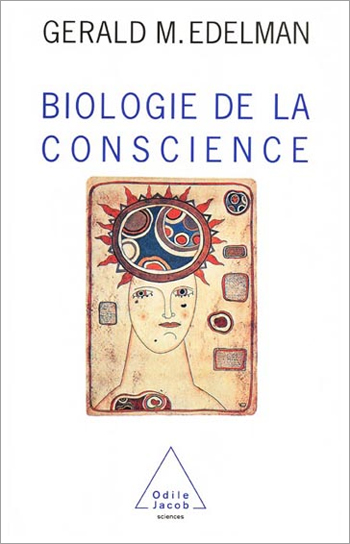
Gerald M. Edelman
The Biology of Consciousness
How do we think? What makes us beings that are endowed with conscience, capable of memory, of perceiving the surrounding world, of feeling passion? This book presents an ensemble of mechanisms that compose the human spirit and addresses the progress of the neuroscientific revolution: the biology of the brain and the study of its evolution are in the process of surrendering to us the key to conscience itself. Gerald. M. Edleman, winner of the Nobel Prize for medicine, heads the Institute of Neurosciences at La Jolla, California.
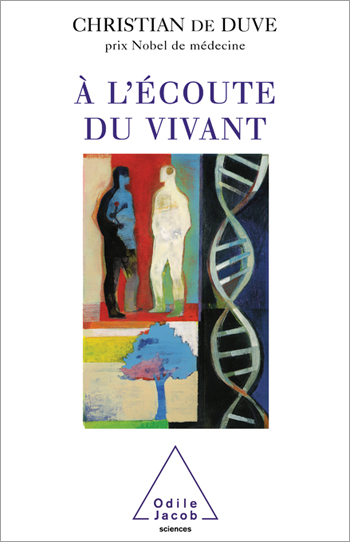
Christian de Duve
Listening to the Living
Everything one should know about biology is explained here by a Nobel Prize winner, including the origin of life, its chemical production and reproduction, the history of life, its earliest forms and also human evolution, the brain, the genius of genetics, and extra-terrestrial life. Finally, the author shows that although biology has undermined arguments in favour of the existence of God, religion and faith are a necessary product of nature selection. Christian de Duve is the director of the Brussels-based International Institute on Cellular Pathology. He was awarded the Nobel Prize in Physiology or Medicine in 1974 for his findings concerning the structural and functional organisation of cells.
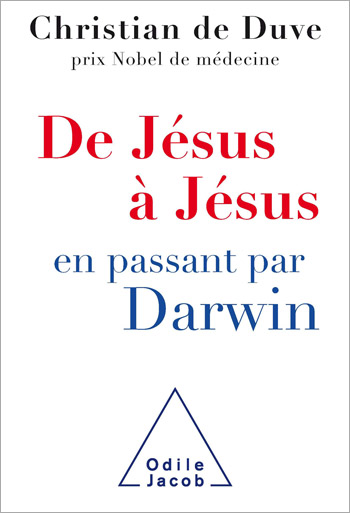
Christian de Duve
From Jesus to Darwin… and Back to Jesus
The legacy of a great Nobel-prize winning scientist.
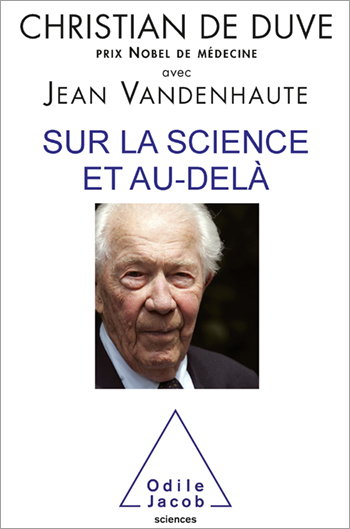
Christian de Duve, Jean Vandenhaute
On Science and Other Matters
In these posthumously published interviews, the late Christian De Duve, Nobel Prize winner in Medicine, gives his views on some of the major issues of our times
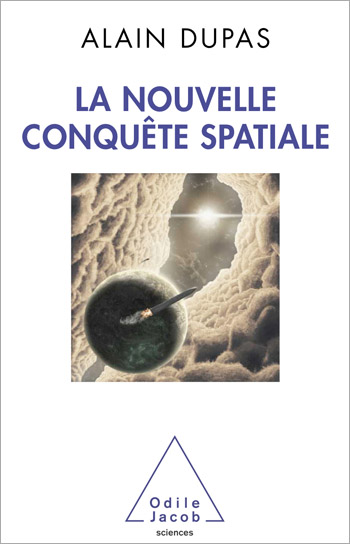
Alain Dupas
The New Spatial Conquest
The desire to explore our solar system, with robots and especially with men and women, has become a global one. A new page in the lengthy history of relations between humans and the cosmos is already being written.
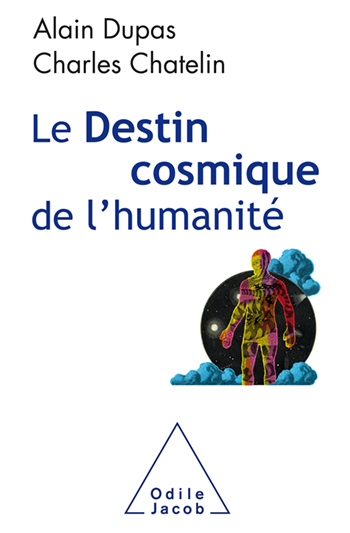
Alain Dupas, Charles Chatelin
Humanity’s Cosmic Destiny
An inspiring, sometimes disconcerting book. A new history of space exploration. A future-oriented look at the evolution of humanity in the light of the evolution of technology, both biological and that regarding space.
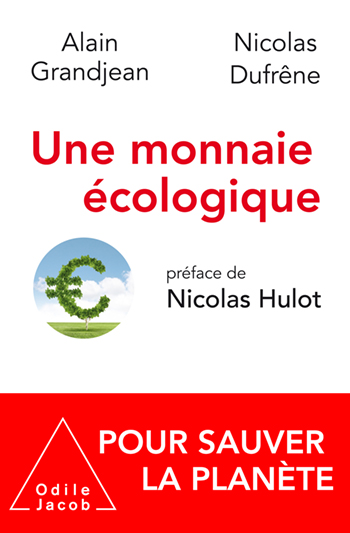
Alain Grandjean, Nicolas Dufrêne
An Ecological Currency to Save the Planet
The economy is being shaped to adapt to the ecological crisis; what is the scope for action? An original solution to save the planet: the ex nihilo creation of a “green currency.”
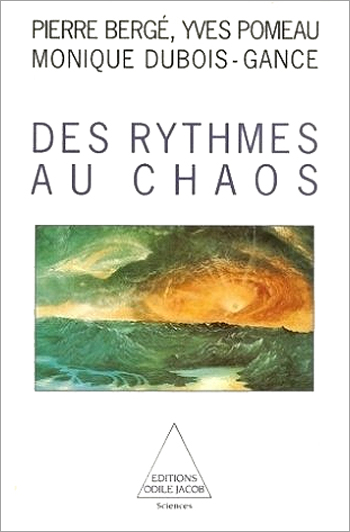
Pierre Bergé, Yves Pomeau, Monique Dubois-Gance
From Rhythm to Chaos
From the physics of particules to astronomy, from chemistry to biology, chaos is present in most scientific fields. Three specialists of this subject have undertaken, through many examples, to extract chaos from the scientific world in order to show how strong is its hold on our daily lives.

